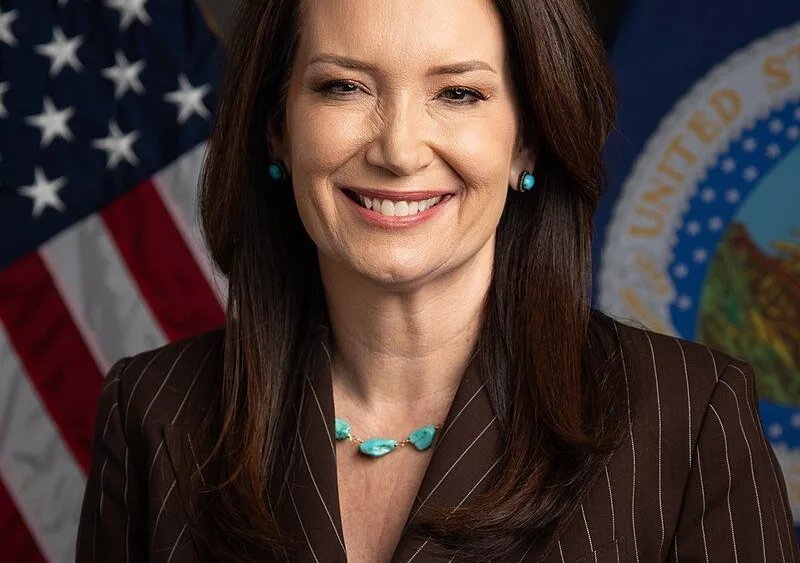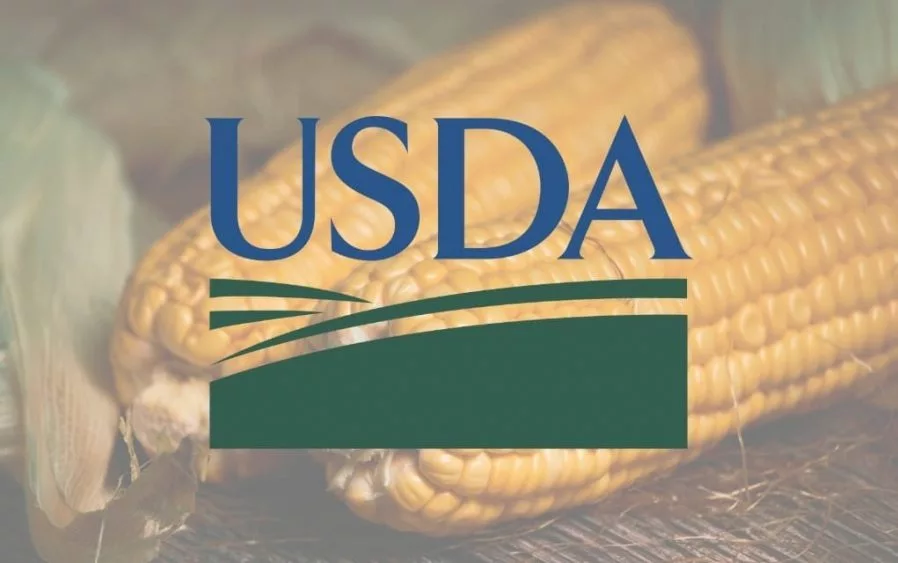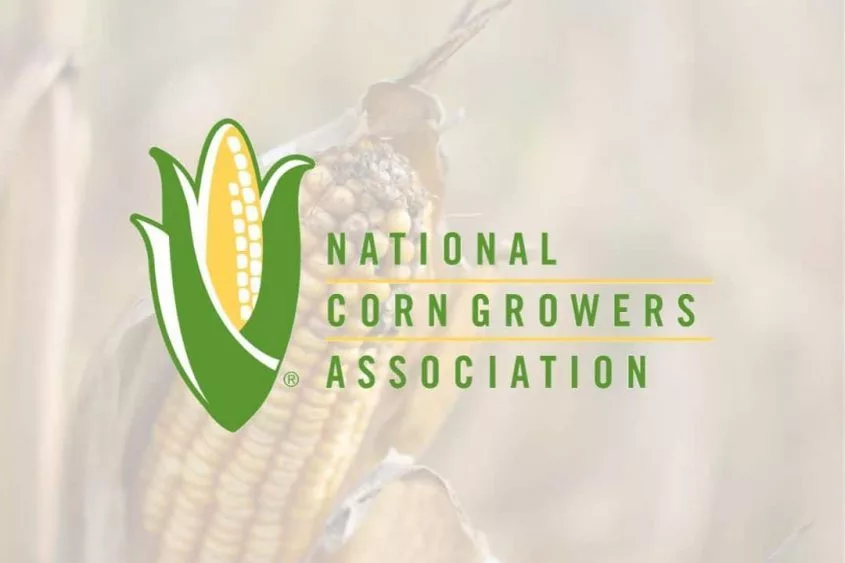WASHINGTON D.C. – The National Oilseed Processors Association (NOPA) and the American Soybean Association (ASA) today commended a bipartisan Senate effort calling on the Treasury Department to finalize the Section 45Z Clean Fuel Production Tax Credit in advance of its January 1, 2025 statutory deadline and urging that the final rule restrict eligibility to renewable fuels made from domestically-sourced feedstocks.
In a letter to Treasury Secretary Janet Yellen on the 45Z credit, Sens. Sherrod Brown (D-Ohio) and Roger Marshall (R-Kansas), along with 14 Senate colleagues, wrote, “If drafted and implemented correctly, the credit will help to support robust American energy independence— incentivizing the production of biofuels made with domestically-produced feedstocks. In order to ensure this objective, it is essential that the 45Z rule articulate clear, workable pathways for domestically-produced renewable fuels derived from domestically-produced feedstocks, to lead the way in lowering the carbon intensity of American transportation fuels.”
The bipartisan letter comes in response to an increased preference from biodiesel fuel producers to import low carbon intensity (CI) waste feedstocks, such as used cooking oil (UCO) and tallow, to meet state program demands. From January 2023 – May 2024, the United States imported 7.4 billion pounds of UCO and tallow, displacing the soybean oil crushed from an equivalent of over 600 million bushels of soybeans.
“Without this fix, the 45Z credit will incentivize the continued use of foreign feedstocks over U.S. feedstocks produced by American farmers. NOPA members have made commitments to expand U.S. crush capacity by 30% with $6 billion in investments to process domestic row crops into biofuels in line with state and federal renewable fuel and tax provisions, however current market conditions are beginning to call into question the viability of future investments,” said NOPA President and CEO Kailee Tkacz Buller said. “We firmly support free trade and open markets, but cannot stand by and let foreign feedstocks benefit to the detriment of U.S. crushers, U.S. farmers and U.S. taxpayers alike. Thank you to the leadership of this bipartisan group of Senators for not only standing up for domestic fuels and domestic feedstocks, but the viability of this critically important domestic industry.”
“U.S. biodiesel was developed through the buy-in of U.S. soybean farmers, and we are excited to support growing demand for low-carbon fuel backed by federal programs. However, our work to develop a thriving domestic bioeconomy is under threat from increased imports of foreign feedstocks. To develop a strong U.S. biofuels market, we must develop a strong domestic value chain, which starts with U.S. farmers,” said Josh Gackle, soybean grower from North Dakota and president of the American Soybean Association.
A recent study commissioned by NOPA and conducted by S&P Global Commodity Insights found that with planned expansions to U.S. oilseed processing capabilities, domestic feedstocks alone can support the production of an additional 1.4 billion gallons of renewable diesel and biodiesel, also known as biomass-based diesel (BBD) by 2030. These sustainably-produced biofuels help reduce greenhouse gas emissions and lower the carbon intensity of transportation fuels in use today.
NOPA and ASA join the American Farm Bureau Federation, National Corn Growers Association, and the National Farmers Union to support a domestic feedstock requirement for 45Z.
Sens. Tammy Baldwin, D-Wis., Mike Braun, Ind., Tammy Duckworth, D-Ill., Dick Durbin, D-Ill., Joni Ernst, R-Iowa, Deb Fischer, R-Neb., Amy Klobuchar, D-Minn., Jerry Moran, R-Kansas, Gary Peters, D-Mich., Pete Ricketts, R-Neb., Eric Schmitt, R-Missouri, Tina Smith, D-Minn., Debbie Stabenow, D-Mich., and Todd Young, R-Ind., joined Brown and Marshall on the letter to Yellen.



